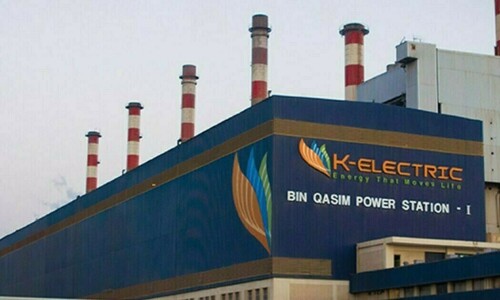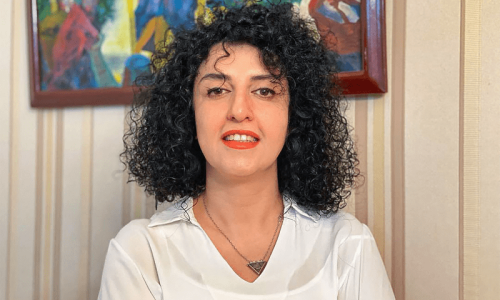RIYADH, June 28: It was a big show, bringing together 36 countries, 25 oil majors and seven international energy organisations. And despite the Saudi decision to jack up their output to 9.7 million barrels per day, the highest in decades, the overheated global energy markets did not cool off instantly. Yet many here felt it did signify seriousness among the stakeholders to bring down prices.
Availing the occasion, King Abdullah urged the World Bank to organise a meeting of the donor countries and regional and international financial institutions to discuss ways of handling the burden of the poor and emerging countries.
He also called for setting up a $1 billion Opec fund for international development, announcing the Saudi readiness to contribute to both the programmes. Besides, the King also announced $500 million soft loans through the Saudi Fund for Development to undertake energy-related development projects in the developing countries, deeply affected by the rise in global crude prices.
This would be of interest to point out here that when Prime Minister Yousuf Raza Gilani and PPP Co-chairperson Asif Ali Zardari visited Saudi Arabia earlier this month requesting the Saudi oil facility, they were told the issue would be taken up sympathetically after the energy summit.
Analysts here feel one of the reasons for deferring the decision on the Pakistani request could have been the above mentioned Saudi initiative.
The most important item on the meeting agenda was to somehow agree and identify on the factor(s) responsible for the current situation. Not an easy task by any means – full of political landmines. As the sun set in at the Jeddah Hilton last Sunday, after a hectic day of meeting and talking, while summing up the entire situation, a senior energy analyst very rightly quipped, “take politics out of the energy equation and things would stabilise.”
The tone of the meeting was set with the host King Abdullah clarifying, emphasising and underlining that the Opec was no more dictating and setting oil prices. Despite the fact that for decades the Opec has left the issue of crude pricing to the market forces, and despite the keenness of the producers in meeting the growing global demand, the King lamented that the Opec was not being appreciated and accusations were still coming in its way.
And with heavy-weights, including Gordon Brown and Samuel Bodman, mincing no words in expressing openly their viewpoint -- blaming the fundamentals with onus on producers – oil minister Ali al Naimi - the ‘Silent Saudi’ - had a cut out task in hand.
He had to defend and push forward the producers’ viewpoint before the august gathering. He had to stand up. And he did so deftly and calmly -- shredding the counter arguments to literal pieces.
Delineating the role and the contribution of speculators in the industry, he coolly argued the case with mathematical precision.
“Price rises and volatility are being fuelled by a wide range of other factors which lie beyond the ability of the petroleum industry to address or even influence. Perhaps foremost among these are the recent trends in the global financial markets, including weak equity and bond markets that have encouraged investors to move their capital into commodities like oil. Consider that the bond and equity markets in the US alone are valued at roughly 50 trillion dollars, and that if money managers decided to reallocate a nominal one half of one per cent of those assets into the oil commodity space, the resulting $250 billion influx of funds would equal the value of the entire NYMEX WTI markets.”
The minister indeed had a point. Speculators today are buying and selling contracts dating all the way out to 2016, and their expectations seem to be pulling prices to new heights every day.
Blaming the fundamentals does not seem to be working. A diplomat friend attending the conference – interestingly representing one of the largest consuming countries -- confided that the sales of one of their leading oil companies has gone down by almost 30 per cent this year as compared to the last year sales – indicating softening of the markets.
High prices are taking their toll. And if this is the trend, it’s definitely then not a case of demand and supply fundamentals. Other factors are definitely at work.
No one expected the conference to be able to tame the bull the next day. But a process seems to have been set into motion — definitely — and that is important.
A working group to follow up on the deliberations has been set up, discussions are set to continue and London is to host the next one — perhaps at an even higher level. With the two sides on talking terms, the world could expect a miracle to finally happen - one day not be too far in future.















































Dear visitor, the comments section is undergoing an overhaul and will return soon.